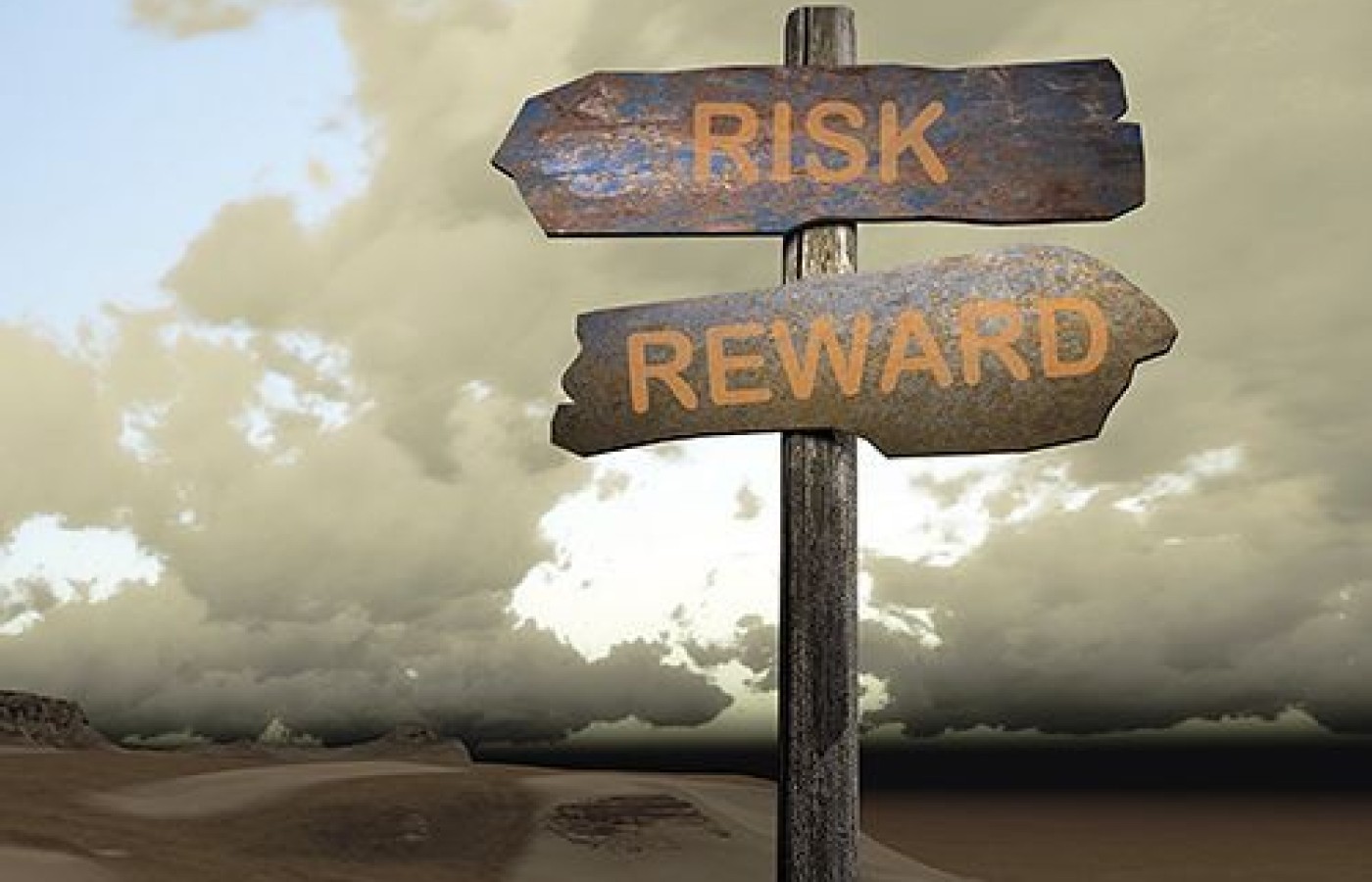It’s a new year and many chiropractors are evaluating what will enhance their respective practices, particularly as it relates to their bottom line. One of the most common questions I get is: “Do I need to be credentialed to bill insurance, and what are the best plans to join?” It’s a loaded question – but one every DC ponders. Whether you're already in-network or pondering whether to join, here's what you need to know.
The Wisdom of the Second Office Location (SOL)
There are some things I never want to do again, like riding a motorcycle 100 mph. I call these things my "negative bucket list." Other things I have on that list include water skiing (my back can't take it), riding a roller coaster (my stomach can't take it) and eating habanero peppers (stomach again).
In my chiropractic practice, I have compiled the same "negative bucket list." Examples on the list are mostly from my own experience, like doing a house call to help a patient in acute pain when he actually needed an ambulance. Other regrets include testifying in court on a personal-injury case without getting paid first and giving free or charitable care to people who didn't appreciate it. ("No good deed goes unpunished.")
But before I get carried away, the theme of this article is really "second office metaphysics" or "Are you kidding me?" When chiropractors feel they are too restrained by their egos, talents or more often, their lack of income, they open a second office location (hereafter referred to as an SOL). This must be a metaphysical thing, since it is often not a sane business decision. A good imagination is often better than reality, and the management of a primary plus a secondary practice location is a daunting challenge.
My Experience
I participated in such a challenge when I was first in practice. After all, I had a new practice with only two patients: a waitress at the local Whataburger and another waitress who worked with my wife (who was also a waitress). Apparently, I was specializing in treating restaurant personnel. Needless to say, there was a lot of unused "me" that could be used elsewhere.

When I heard about an older chiropractor in a small town 30 miles away who needed help, I lost no time in contacting him. He had developed severe asthma and could only be in the office part time, and not every day. Old Doc had something I didn't have: patients.
My motivation was strictly financial, but my intentions were honorable. Old Doc needed me three afternoons a week, so there was a lot of driving going on. On the days I drove to the "other" office, I found myself eating fast food in the car, and getting home late to my wife and new baby. I was working 5 ½ days a week. The "satellite" office quickly became a middle-of-the-night, mind-grinding question: was it worth it?
Well, it wasn't. I quit. There were odd problems associated with having two practices. Sometimes a patient from the SOL would drive to my Big City office; but I wouldn't have their file, of course, since it was at the SOL! There was no "cloud" going on then.
Equipment also was an issue. The second office often gets older, more used equipment. One patient at the SOL actually asked me if the adjusting table at my primary office needed as many repairs as the one I was adjusting him on. Thankfully, he didn't comment on the X-ray machine, which probably had once been owned by Madame Curie herself.
Then there was the answering service. (Remember, this was a long time ago). In reflection, I probably should just have had the operator say, "This is Dr. Hanks' second-office answering service. He can't afford to have a receptionist answering the phone, so I can take a message. He's at the other office and can't help you now, anyway."
Other (Horror) Stories
Sometimes what you don't know can hurt you. Just because a small town does not have a practicing chiropractor does not necessarily make it a good place to start an SOL. A little due diligence could go a long way. I heard of a DC who'd opened a SOL in a prosperous town about an hour away from his primary office, only to find out that the last chiropractor who'd practiced there had turned out to be a convicted pedophile. This dampened the enthusiasm of the community toward chiropractors in general.
But what really hurt his efforts was that most of the employees in town worked for a big, family-owned meat-packing company. The third generation of the family apparently did not like the meat business, so three of the grandchildren became medical doctors and pretty much controlled health care in the town, plus the local hospital. They were old AMA types and didn't "cotton" to chiropractors. Plus, the company insurance did not cover chiropractic care. (If you're waiting for "David beats Goliath" in this story, forget it, since I think the DC now practices in Italy.)
There are many similar stories in the Land of SOL. If two DC buddies try to share the SOL, one will usually be busier than the other. Egos and envy parch the soil, and nothing will grow. End of the SOL.
A second scenario has an entrepreneurial DC "grub-staking" a fresh chiropractic graduate to be in the SOL when he, the grub-staker, cannot be there. Fade to black and open the next scene with the fresh, new, ambitious DC opening an office across the street, and actually moving to live in the town. End of the SOL.
A third scenario has the DC with the SOL figuring out the metaphysics of the conundrum and advertising the SOL as a "starter practice." This is analogous to a real-estate advertisement calling a dilapidated shanty a "handy-man's dream." End of the SOL.
But what may be the most confusing scenario is the newly graduated chiropractor, child of an established DC, who comes home to practice with Dad or Mom, but cannot attract patients quickly enough to pay their own student loans. In desperation, the new grad may attempt the long drive to the SOL, as I (unsuccessfully) did.
Have I forgotten anything? In all fairness, I can witness to the success of several empires of satellite practices. They're out there. But of course, that's another story...



